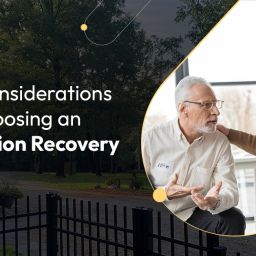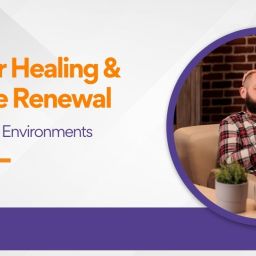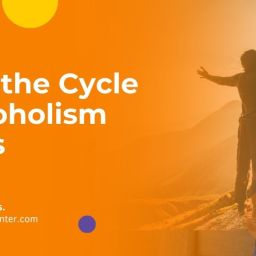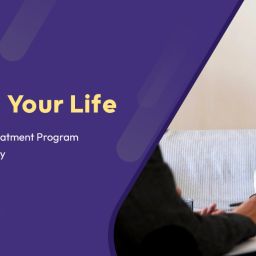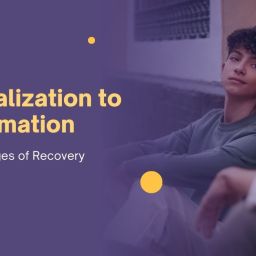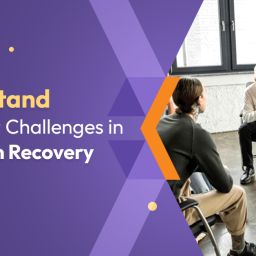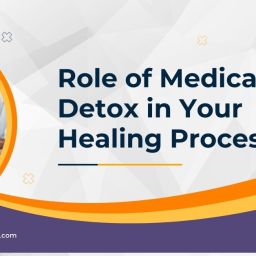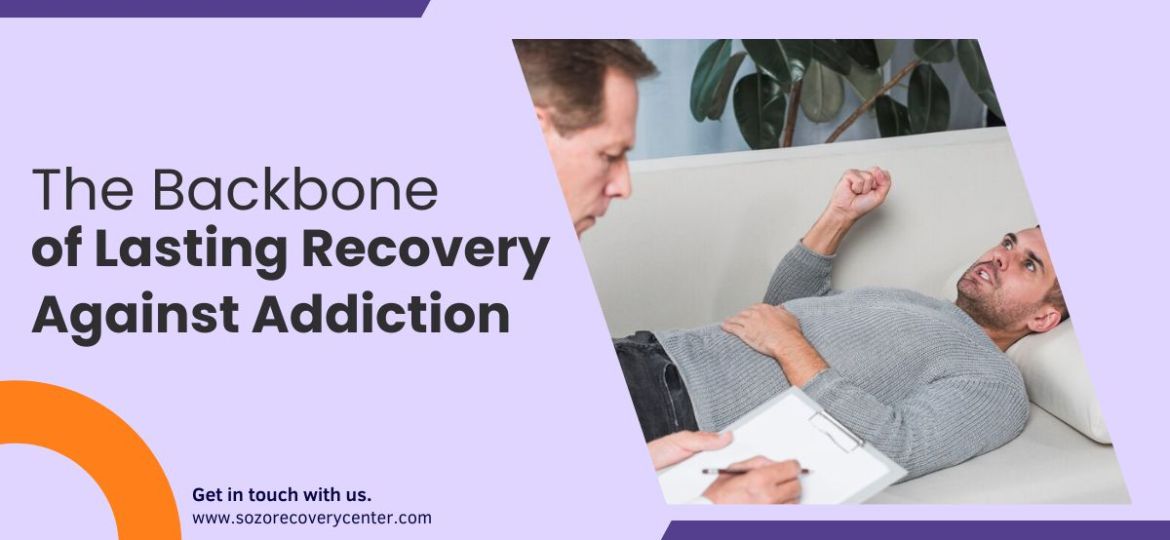
In the fight against addiction, Arkansas is at a crossroads. Just like in any other US state, substance abuse rates are on the rise, and this has an impact on communities, families, and individuals all over the state. Addiction’s effects are indisputable, ranging from the opioid crisis to the spread of other addictive substances. Every day, dreams go off track, lives are destroyed, and trust gets harder to come by. A ray of hope does exist, though, and that is the strength of family and peer support. As a testament to the resiliency and compassion that characterize the state, Arkansans are working together in the face of hardship to provide a lifeline to those in need. Acknowledging the gravity of the situation is the first step toward a successful resolution.
Understanding Peer and Family Support
Peer Assistance:
Peer support groups are a lifesaver for those struggling with the difficulties ofaddiction recovery. Peers through official programs or unofficial networks, provide a special understanding derived from common experiences. Peer support offers a caring setting where people can interact, share, and find comfort in knowing they are not alone.
Family Support:
A successful recovery is often based on the foundation of family support. Families impacted by addiction in Arkansas are integral to the recovery process. Their assistance can be invaluable, ranging from providing unwavering love and support to taking part in family therapy sessions. Families learn the best ways to care for their loved ones while also taking care of themselves through education and counseling.
The Importance of Peer and Family Support in Addiction RecoveryWhat is the Significance Of Peer and Family Support On Addiction Treatment?
Long-term recovery from addiction and treatment for addiction depend heavily on the support of friends and family. It can significantly impact an individual’s path to recovery when they experience the unwavering love, compassion, and support of their support system. Friends and family offer emotional support, assisting people in navigating the highs and lows of recovery with compassion and empathy.
Emotional Assistance: Dispelling the Myth
A major obstacle to getting addiction treatment is the stigma associated with it. Support groups for families and peers put forth a lot of effort to remove these obstacles and create environments where people feel understood and welcomed. In Arkansas, programs that aim to raise awareness and lessen stigma are crucial in motivating more individuals to get the assistance they require.
Accountability: Together on the Path
Healing is a group endeavor rather than a solo endeavor. In Arkansas, peer support groups place a strong emphasis on accountability by giving people a framework for setting objectives and monitoring their advancement. Staying committed to sobriety can be greatly aided by the knowledge that others are rooting for their success.
Restoring Connection and Trust in Healthy Relationships
Relationships are frequently strained by addiction, which leaves a path of shattered trust and strained bonds in its wake. Nonetheless, people in recovery can start the healing process with the help of peers and family. Family therapy programs in Arkansas prioritize the restoration of relationships, the promotion of transparent communication, and the setting up of ethical boundaries.
Peer and family support are vital allies in the battle against addiction. Taken together, they offer the individuals trying to rebuild their lives a base of support, comprehension, and hope. In Hot Springs, Arkansas, where addiction has a profound effect, these support groups act as lights in the dark, pointing people in the direction of a better, drug-free future. It is not only essential but a necessity to build a community where everyone can recover by embracing the power of support.


